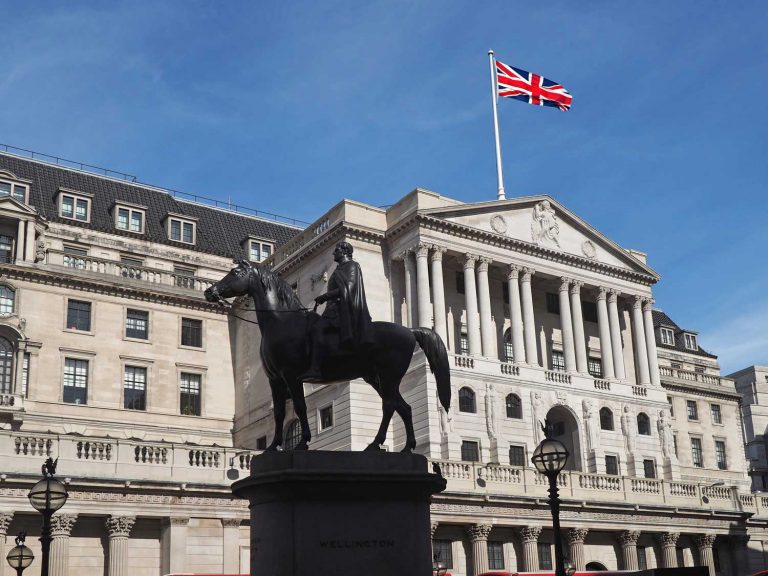
Date:
UK Faces Highest Inflation in G7 as Sterling Slides Against Dollar
The British pound has come under renewed pressure this week, falling against the U.S. dollar amid a backdrop of global monetary shifts and troubling domestic inflation forecasts.
The GBP/USD exchange rate dipped as investors digested signals from central banks and fresh warnings from international bodies about the UK’s economic trajectory.
Sterling Weakens as Dollar Gains Strength
The pound’s decline is largely attributed to a strengthening U.S. dollar, buoyed by cautious Federal Reserve commentary and delayed economic data due to the ongoing U.S. government shutdown.
Fed Chair Jerome Powell and other officials have hinted at a slower pace of rate cuts, citing labor market fragility and persistent inflationary pressures. This has led markets to reassess expectations, favouring the dollar over riskier assets.
Meanwhile, easing tensions between the U.S. and China—particularly around tariffs—have reduced global risk aversion, further supporting the greenback.
UK Inflation: A Growing Concern
Adding to the pound’s woes is the UK’s inflation outlook, which is now forecast to be the highest among G7 nations in both 2025 and 2026, according to the International Monetary Fund (IMF) and the Organisation for Economic Co-operation and Development (OECD).
IMF Forecasts:
-
- 2025: UK inflation to average 3.4%
- 2026: Expected to ease to 2.5%, still above the G7 average
OECD Forecasts:
-
- 2025: UK inflation at 3.5%
- 2026: Slight decline to 2.7%, second-highest in the G7
This inflation surge is being driven by:
- Rising food and hospitality prices
- Increased labour costs due to higher national insurance and minimum wage
- Elevated regulated energy and utility bills
- Persistent supply chain and trade frictions
Implications for Households and Policy
For UK households, this means continued pressure on living costs, with grocery and energy bills remaining stubbornly high. The Bank of England faces a delicate balancing act as it attempts to bring inflation back to its 2% target without stifling growth.
The inflation outlook also poses a challenge for Chancellor Rachel Reeves ahead of the November Budget, with speculation mounting around potential tax hikes to plug a £20–30 billion fiscal gap.
Looking Ahead
With inflation set to outpace all other G7 economies and the pound under pressure, the UK’s economic policymakers face a critical period. Markets will be watching closely for signals from the Bank of England and the Treasury as they navigate this complex landscape.
Metro combines market monitoring with cost modelling, contract strategy and logistics optimisation to help you seize opportunities and protect margins.
EMAIL Laurence Burford, CFO, for expert guidance on risk management and supply chain resilience.
